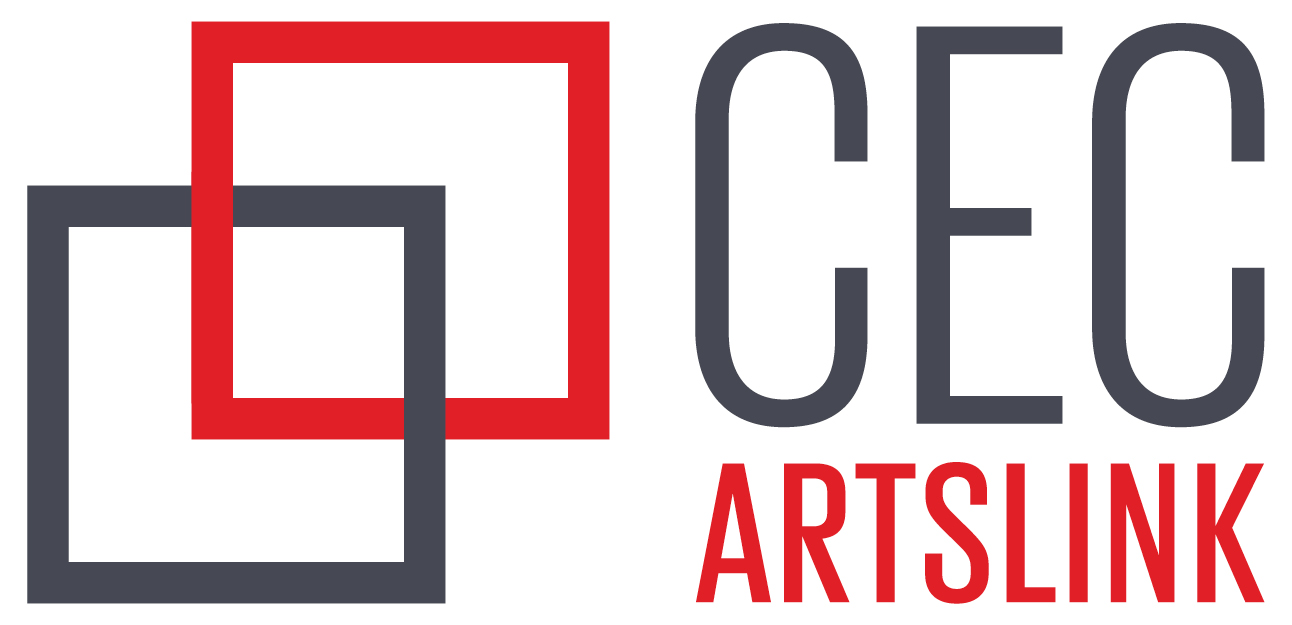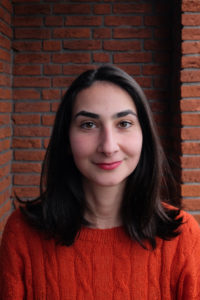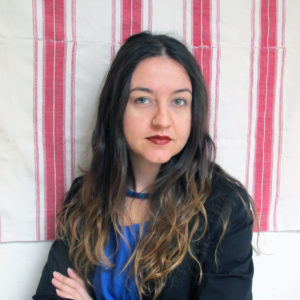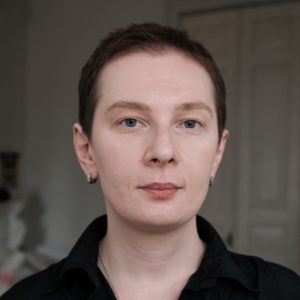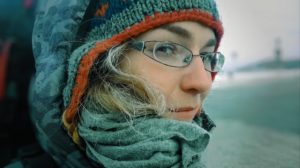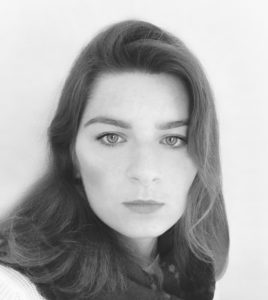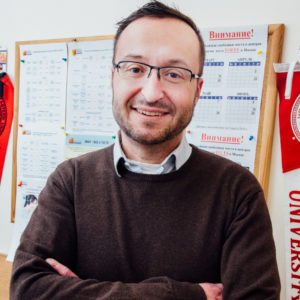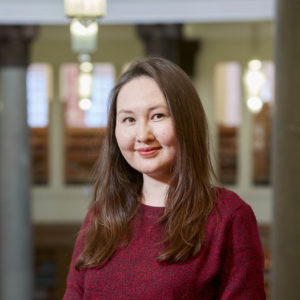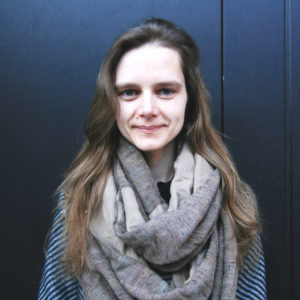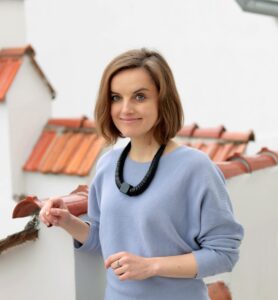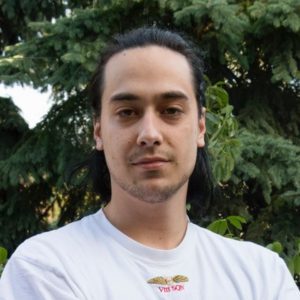A performance, installation and video artist, Raluca Croitoru develops her work in close collaboration with artists and communities. She is interested in collective embodied memory and social modes of performance, exploring leisure and pleasure, consumption and labor, and protest and power. Raluca’s recent projects investigate the relationship between choreopolitics and choreopolicing, terms coined by performance theorist André Lepecki that discuss the relationship between freedom and obedience. She is inspired by the everyday social choreographies of industrial rhythms, activism, ergonomics, flexibility and the mobility of workers.
During her residency, Raluca lead a series of workshops to develop material for a new performance work inspired by the everyday movement of individuals from local communities in work, leisure and conflict contexts.
